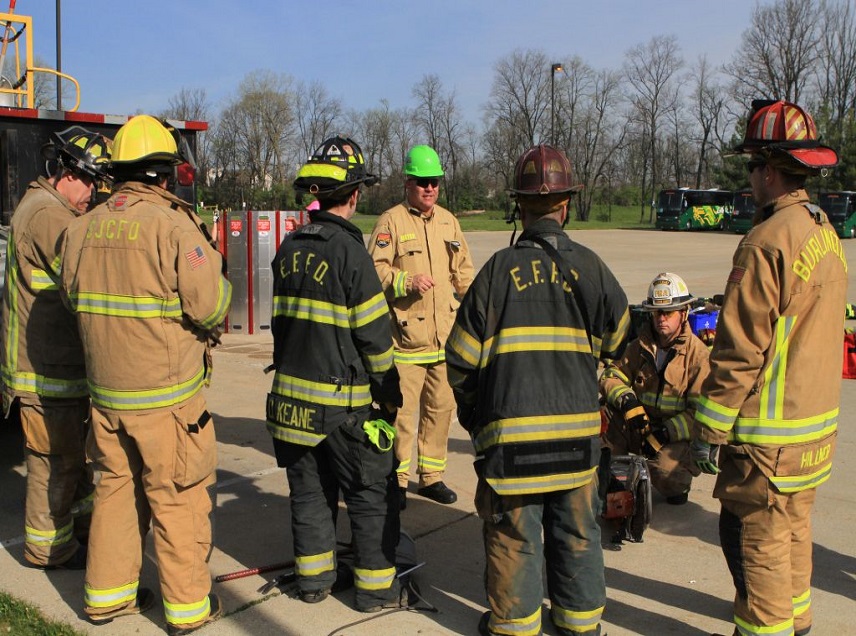
By John M. Buckman III
Human errors are normal and predictable. Gordon Graham said it best: “If it’s predictable, it’s preventable.” We can identify and manage human errors if leaders are actively engaged in monitoring situations, observing personnel actions, and evaluating personnel capabilities. Intervene when you observe or predict an error.
The fire service needs to examine errors in a structured and proactive way. Failure to identify errors as well as a poorly organized emergency operations or training hands-on activity might create an opportunity for bad decisions and result in injury or, possibly, death.
Conducting a continuous risk assessment during emergency operations is critical to firefighter survival. A risk assessment can help answer the question, “Is the risk worth the probable outcome?” When conducting a size-up of a structure fire, ask yourself, “What will show up at this property tomorrow? A bulldozer or a clean-up company?” When you answer that question based on the facts, you can then implement tactics with minimal emotional involvement.
As the incident commander, it is your goal to optimize firefighter performance and reduce errors. This assessment of errors is critical to reduce the opportunity for repeating the same errors that can take place during an event. However, the real assessment takes place after an event during the “hot wash.” Every significant event needs a hot wash. Conduct this hot wash as a “no rank” event, which indicates to the attendees that all opinions are equal.
How do you conduct a hot wash? By doing the following:
- Establish trust so what was said in the room will not be held against the attendees. This may be tough, but it will happen after several meetings have been conducted.
- Establish the rules and procedures.
- Use a facilitator that was not at the event. A facilitator’s role is to ask attendees questions to spur conversations and explanations. Ask questions that generate responses. Following are some suggestions:
- How could communications be improved?
- What tasks were completed that supported the outcome?
- Can you identify critical tasks successfully accomplished?
- Can we identify critical tasks that were not successfully accomplished?
- Are there training deficiencies that created errors?
- Ask why specific things happened.
- Encourage participation.
- Conduct the hot wash as soon as possible after the event.
- Create a written report. This will reduce rumors and incorrect information being shared.
There is more to managing human errors than examining individual performance. Firefighters work together in teams of at least two. Most often, when an error occurs, it is the team’s responsibility to accept a duty to reduce the chance of its repeating. Not only should we examine the specific task of where the error occurred, we should also examine the context in which the error occurred.
When examining human errors, do not assume that people will always follow policies and procedures. Policies and procedures are not all-encompassing, and we need to make decisions at the tactical level. When an error occurs at the tactical level, examine policies and procedures and determine if training or the lack of training impacted the tactical operations.
Photo by Tim Olk.
JOHN M. BUCKMAN III has served 47 years as a volunteer firefighter and 35 years as chief at the German Township (IN) Volunteer Fire Department. He was president of the International Association of Fire Chiefs in 2001-2002. He has presented in all 50 states, Canada, Dominican Republic, Mexico, and China.
This commentary reflects the opinion of the author and does not necessarily reflect the opinions of Fire Engineering. It has not undergone Fire Engineering‘s peer-review process.

